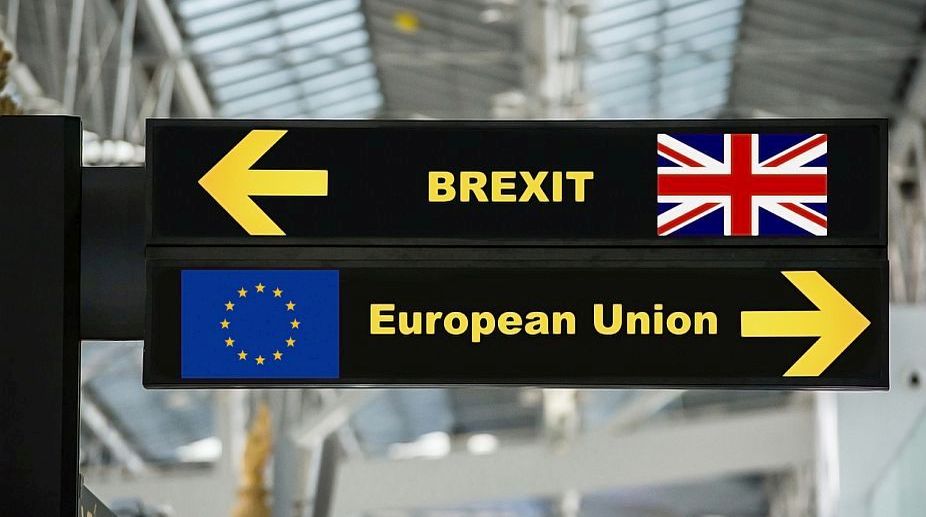The divorce proceedings between Britain and the European Union have barely begun and there is already talk of going to war with Spain. Madrid has been persistently seeking to retake the Rock of Gibraltar located on the southern tip of the Iberian Peninsula at the entrance to the Mediterranean Sea, ceded to Britain as part of the Treaty of Utrecht in 1713.
Home to about 30,000 people, Gibraltarians last year voted overwhelmingly to remain in the EU. At the same time, they want to remain part of Britain. The draft Brexit negotiation guidelines drawn up by the European Council has identified the future of Gibraltar as one of its 26 core principles.
“After the United Kingdom leaves the union, no agreement between the EU and the United Kingdom may apply to the territory of Gibraltar without the agreement between the Kingdom of Spain and the United Kingdom,” it said.
That clause has potentially put Britain and Spain on a collision course over the future of Gibraltar. British Prime Minister Theresa May has assured Gibraltar Chief Minister Fabian Picardo that the UK remained steadfastly committed to support Gibraltar, its people and its economy.
“We will never enter into arrangements under which the people of Gibraltar will pass under the sovereignty of another state against their freely democratically expressed wishes,” she said. The six-page letter of Theresa May to the European Council’s president, Donald Tusk, laying down her government’s priorities in the next two years does not mention Gibraltar. Inclusion of Gibraltar as one of the core issues by the European Council has the approval of the 26 remaining members of the EU. The people of Gibraltar cannot have the cake and eat it too.
Thirty-five years ago last week, another Conservative Prime Minister of the UK, Margaret Thatcher, did not hesitate to send a task force to defend another Spanish-speaking relic of the colonial era half way across the globe, Falklands. Mrs May is expected to show the same courage by her party seniors
Michael Fallon, Britain’s Defence Secretary, has said that Gibraltar was going to be protected all the way because “the sovereignty cannot be changed without the agreement of the people”. Chief Minister Picardo made it abundantly clear to Madrid, Brussels and every other capital of the EU that Gibraltar was not going to be “a bargaining chip” in these negotiations.
“Gibraltar belongs to the Gibraltarians and we want to stay British,” he said. Gibraltar is not the only flash point in the Brexit negotiations. Ireland poses another kind of problem. By the 1998 Good Friday Agreement, security check-posts along the 500-kilometre border between Ireland and Northern Ireland have been virtually eliminated.
People, goods and services now move back and forth freely without any let or hindrance. Once the United Kingdom leaves the EU, such free movement between the two Irelands will cease. Mrs May promised to find a “creative solution” to the problem. EU experts maintain restoration of a hard border is inevitable given the importance of immigration and security controls. Brexit, with all the problems confronting Britain, may well not be worth the effort.






